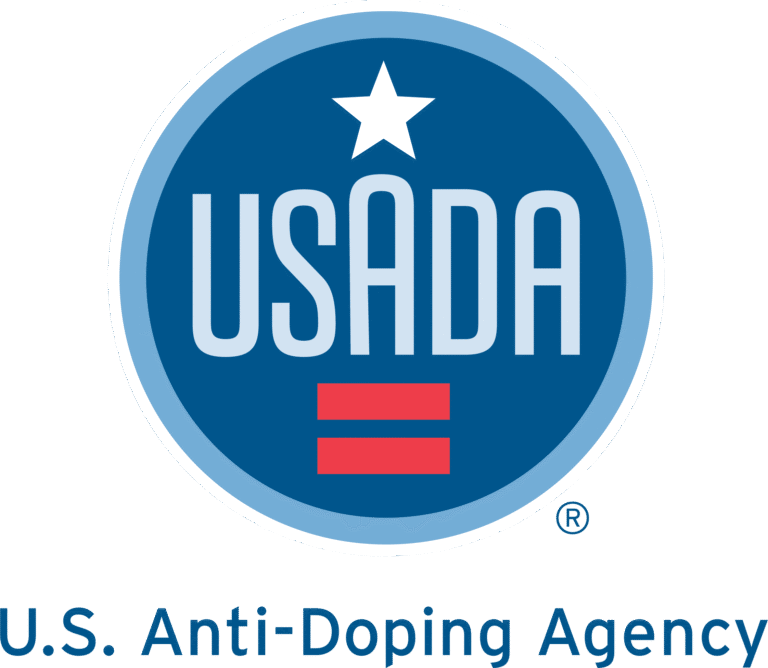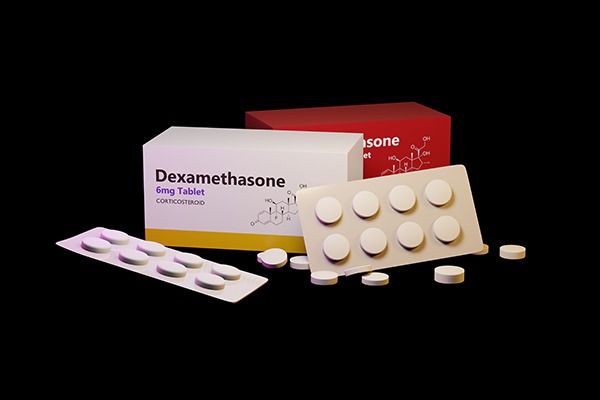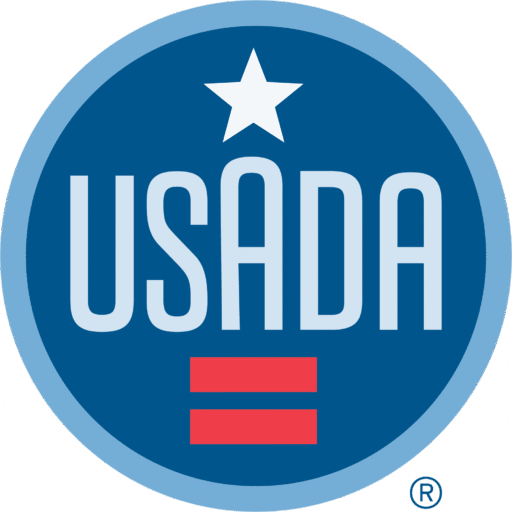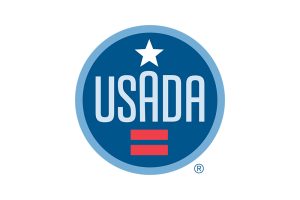Key Takeaways
- Glucocorticoids (i.e., anti-inflammatory/immunosuppressive agents) are prohibited in-competition when administered by injectable, oral, or rectal routes.
- Glucocorticoids are permitted out-of-competition by any route of administration.
- Out-of-competition administration of glucocorticoids by any route may result in an Adverse Analytical Finding (AAF), or positive test, during an in-competition test. Use the WADA GC Wash-Out Table (click the link or see below) for guidance.
- If you test positive from glucocorticoids, you may apply for a retroactive Therapeutic Use Exemption (TUE). Make sure to keep a copy of your clinical notes to submit along with a retroactive TUE application.
Glucocorticoids, such as cortisone, prednisone, methylprednisolone, triamcinolone, and dexamethasone, are commonly prescribed to treat injuries and/or to manage chronic inflammatory conditions like arthritis. The anti-doping status of each glucocorticoid depends on several factors, including the route of administration (meaning how you take it).
Keep reading to learn more about this class of substances, keeping in mind that the World Anti-Doping Agency (WADA) Prohibited List is updated every year and these rules may have changed since your last review.
1. Are glucocorticoids prohibited in sport?
All glucocorticoids are prohibited during the in-competition period when administered:
- by injection of any type (e.g., intramuscular, intra-articular, etc.). This includes injections into joints, bursa, or the epidural space.
- orally (e.g., swallowed, applied topically in the mouth, or held under the tongue or inside the cheek)
- For clarification, oral administration of glucocorticoids also includes oromucosal, buccal, gingival, and sublingual routes. Dental intracanal application is not prohibited.
- rectally
WADA has determined that these routes of administration result in a significant level of glucocorticoids circulating in the blood, which could result in performance enhancement or cause harm to health.
Glucocorticoids are permitted both in- and out-of-competition when administered by:
- inhalation (e.g., glucocorticoid inhalers)
- intranasal (e.g., nasal sprays for allergic rhinitis)
- ophthalmic (e.g., eye drops)
- perianal (e.g., topical hemorrhoid creams)
- dermal (e.g., topical creams to treat rashes or allergic reactions)
- dental intracanal application
USADA strongly recommends you check your medication and route of administration on Global DRO.
2. What does ‘in-competition’ mean?
In-competition is defined by WADA as the period commencing at 11:59 p.m. on the day before a competition in which the athlete is scheduled to participate, through the end of the competition and the sample collection process related to the competition. WADA may approve alternative definitions for particular sports, so it is your responsibility to check with the sport organization or federation of an event/competition to confirm the established timeframe of the in-competition period.
3. What are glucocorticoids used for in medicine?
Glucocorticoids generally reduce inflammation in the body, and are used medically to treat asthma, arthritis, lupus, allergies, injuries, pain, rashes, and many other maladies.
These substances are available as:
- pills or tablets (oral route of administration)
- creams or lotions (topical route of administration)
- rectal suppositories (rectal route of administration)
- eye drops (ophthalmic route of administration)
- many injectable formats, such as intramuscular injections (into the muscle), intravenous injections (into a vein), subcutaneous injections (into or under the skin), intra-articular injections (into joints), and epidural (into the spinal column)
There are some glucocorticoid preparations that are available as over-the-counter medications, such as hydrocortisone creams, and there are many prescription-only glucocorticoid medications.
4. What if I really need to use a prohibited glucocorticoid in-competition?
Any athlete in the Registered Testing Pool (RTP), Clean Athlete Program (CAP), or Education Pool (EP) who needs to use a prohibited glucocorticoid must apply for a Therapeutic Use Exemption (TUE). All other athletes should submit a TUE Pre-Check Form to determine if a TUE is necessary.
If you’re unsure if you are an RTP, CAP, or EP athlete, please submit a TUE Pre-Check Form.
5. If I use a glucocorticoid out-of-competition, or just before a competition, do I still need a TUE?
Talk with your health care provider to determine if they are prescribing a sustained-release preparation of any type, or if the use of the glucocorticoid will be within the “washout period” of the medication (see table below). In either of these cases, athletes should keep a copy of all medical records in case a TUE is necessary.
If the use of a glucocorticoid is out-of-competition only, and the last dose will be before the washout period (see table below), then a TUE is not necessary. Remember, the in-competition period commences at 11:59 p.m. on the day before a competition unless otherwise specified by the appropriate sport organization for an event.
WADA Glucocorticoid (GC) Washout Table
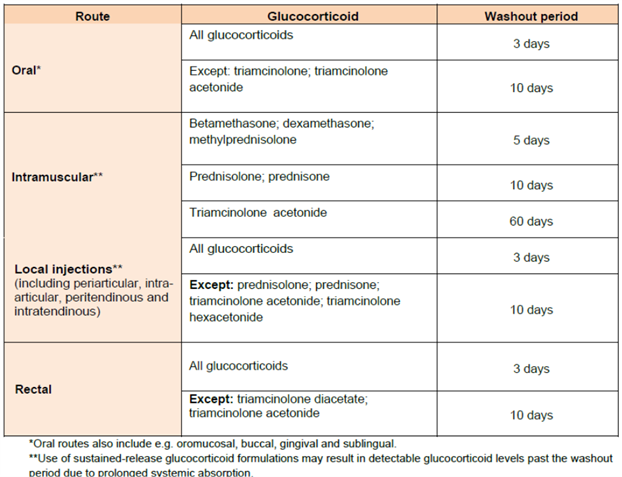
Figure 1: Glucocorticoids and Therapeutic Use Exemptions Paper -September 2026, WADA.
* Washout period refers to the time from the last administered dose to the time of the start of the in-competition period (i.e., beginning at 11:59 p.m. on the day before a competition in which the athlete is scheduled to participate, unless a different period was approved by WADA for a given sport). This is to allow elimination of the glucocorticoid to below the reporting level.
The wash out table provides a general guideline for predicted wash out times, but it’s not a guarantee. Keep in mind:
- Sustained-release glucocorticoid formulations may result in detectable glucocorticoid levels past the washout period due to prolonged systemic absorption.
- Injections into or around joints or tendons may accidentally result in systemic circulation, in which case the intramuscular injection timeline should be followed.
- In both of these cases, you should make sure you have clinical notes of any injections in case a retroactive TUE is needed. TUEs for glucocorticoid use will only be processed in advance if the treatment is clinically indicated for use during the in-competition period.
More questions?
For questions about specific products, substances, and methods, contact USADA’s Drug Reference Line at drugreference@USADA.org or call (719) 785-2000, option 2.


